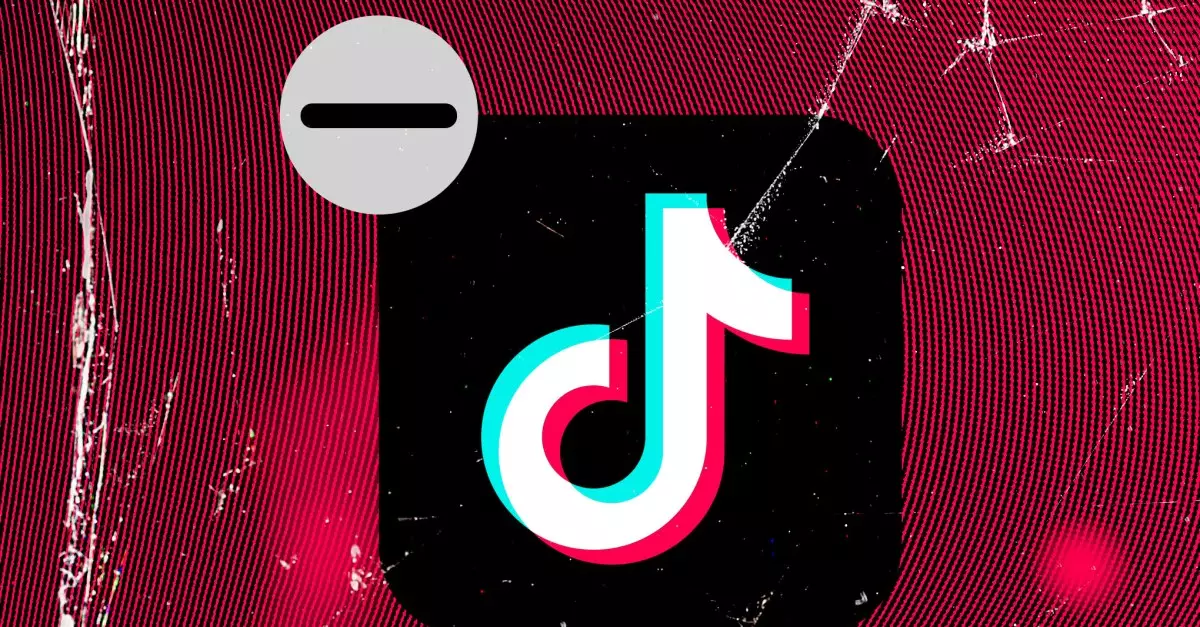In an era where digital media reigns supreme, the battle for app availability on major platforms like the Google Play Store and Apple App Store takes center stage. Currently, TikTok faces a significant hurdle in the United States, where it remains unavailable on both platforms. This ban poses challenges not only for users seeking to enjoy the app but also for TikTok as a brand striving to maintain its growth and engagement amidst regulatory scrutiny.
Despite the challenges posed by the bans in official app stores, TikTok has taken a proactive step by enabling Android users in the US to download the app directly from its website. This move marks a pivotal change, allowing users to easily access both TikTok and TikTok Lite, a variant designed for optimal performance under less-than-ideal internet conditions. The ease of downloading from the website—without the conventional constraints of Google Play—highlights TikTok’s adaptability in a tight situation.
This alternative method to download the app provides a straightforward installation process for users. By simply approving the installation file, users can swiftly transition to the latest version of the app—a convenience that mirrors the efficiency previously offered by app stores. However, it raises questions about security and software integrity, as users navigate downloading apps outside the regulated environments of major app stores.
TikTok has made assurances regarding the safety of its platform, claiming its app options are vetted by external security firms including Oracle and a select group of independent inspectors. Such measures are crucial for maintaining user trust, especially following allegations that its strategies for mitigating concerns about Chinese data access were superficial at best. This past reputation presents a formidable barrier for TikTok, as many users remain wary of potential security issues associated with downloading the app through unregulated channels.
Moreover, the contrasting policies of platform giants Google and Apple become apparent. While Android users can sidestep the restrictions by downloading the app directly from TikTok, iPhone users are left with no recourse for sideloading. This lack of options forces them to rely on web access, which compromises their user experience while they await any news of reinstatement in the App Store.
The reluctance of both Google and Apple to reinstate TikTok underscores a broader narrative surrounding corporate accountability in the face of governmental regulations. The potential repercussions of defying regulatory orders—particularly significant fines—seem to outweigh the benefits of hosting the popular app. This cautious approach reflects a concerning trend among tech companies that are increasingly caught in the crosshairs of political sentiment and public scrutiny.
As the digital landscape continues to evolve, regulatory frameworks will likely adjust, shaping the future accessibility of applications like TikTok. For now, the ongoing situation remains fluid, with users left in a state of uncertainty about future access to their favorite social media platform. TikTok’s determination to maintain user engagement amid these challenges sets the stage for a test of loyalty and practicality from its audience—a dynamic certainly worth keen observation in the months to come.


Leave a Reply